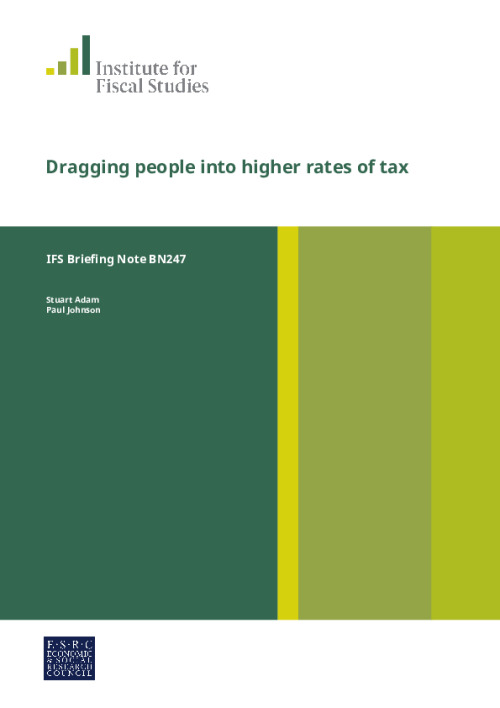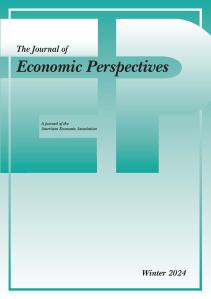Downloads

BN247.pdf
PDF | 333.84 KB
This Saturday (6 April 2019) marks the start of a new tax year. Unlike many other countries, the UK routinely – and sensibly – uprates the cash values of most tax thresholds and benefit rates each year in line with inflation, in order to maintain their real value.
In a number of cases, however, this routine uprating has now been cancelled for extended periods:
- The inheritance tax threshold has been fixed at £325,000 since 2009–10.
- Fuel duties have not increased in cash terms since April 2010.
- Most working-age benefits have been frozen in cash terms since 2015–16.
- The VAT registration threshold has been frozen at £85,000 since April 2017, and the last Budget announced that it would remain frozen until April 2022.
Some of these policies raise revenue; others give money away. But in neither case is it sensible policymaking.
Authors

Senior Economist
Stuart is a Senior Economist working in the Tax sector, and focuses on analysing the design of the tax and benefit system.

Director
Paul has been the Director of the IFS since 2011. He is also currently visiting professor in the Department of Economics at University College London.
Report details
- DOI
- 10.1920/BN.IFS.2019.BN0247
- ISBN
- 978-1-912805-19-8
- Publisher
- IFS
Suggested citation
Adam, S and Johnson, P. (2019). Dragging people into higher rates of tax. London: IFS. Available at: https://ifs.org.uk/publications/dragging-people-higher-rates-tax (accessed: 2 May 2024).
More from IFS
Understand this issue

Spring Budget 2024: What you need to know
7 March 2024

Spring Budget 2024: the Chancellor’s options

The £600 billion problem awaiting the next government
25 April 2024
Policy analysis

Spring Budget 2024
6 March 2024

Reforming the taxation of non-doms: policy options and uncertainties
4 March 2024

Oil and gas make Scotland’s underlying public finances particularly volatile and uncertain
27 March 2024
Academic research

Intertemporal income shifting and the taxation of business owner-managers
24 January 2024

Does the value-added tax add value? Lessons using administrative data from a diverse set of countries
9 February 2024

Insurance, redistribution, and the inequality of lifetime income
2 November 2023